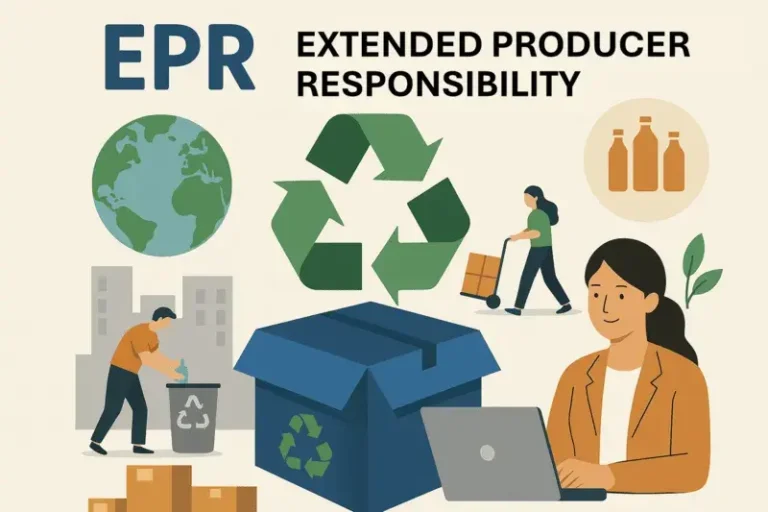How to Prepare for 2020 Recession: 14 Strategies for Ecommerce Businesses & Online Sellers


In this article
What Ecommerce Companies and Marketplace Sellers Can Do Now to Prepare for the Upcoming Slowdown in 2020
The US economy has been in an expansion period for 11 years, the longest time in the history of the nation. Recessions are cyclical and come back every number of years. Around half of the nation’s business economists predict a recession in the US economy by the end of 2020. And for the first time since 2008, on July 31 this year, the Federal Reserve slashed interest rates as a precautionary measure to reduce 2020 recession risks.
Another early warning signal of a possible 2020 recession is fewer freight shipments across the country. The Cass Freight Index is showing a decline in goods shipped via truck, rail, and air from growing at 7.2% in June 2018 to a drop of 6% in June this year after consistently slowing down since last year. This downturn is different from that in 2015 and 2016 because it’s not caused by oil-related freight but an overall decline across methods. The economy is also showing a slowdown of GDP growth to 1.8% in Q1 2019 versus 3.1% the previous year. Such contraction is consumption also an early indicator of a possible recession. Economic output in Germany, the world’s fourth-largest economy, contracted in the second quarter, according to a report on Aug 14, while a report on factory output in China, the second-largest economy, came in lower than expected.
To add to the deepening global economic slowdown, the U.S. will impose a 10% tariff on the remaining $300 billion worth of imports from China on “certain articles”, originally slated to take effect Sept. 1, now delayed to Dec. 15. These include cell phones, laptops, some toys and some footwear and clothing. Retail executives on earnings calls have warned about the effects of these tariffs on their businesses, noting the potential for eroding margins and higher costs being passed on to consumers.
Last two recessions started the downfall of departmental stores while e-commerce was still in a growth stage. Online sellers have enjoyed unprecedented growth during the economic expansion while the departmental stores continued to struggle. The next recession will test the now widespread online businesses for the first time as the marketplaces are becoming saturated.

Turn Returns Into New Revenue





